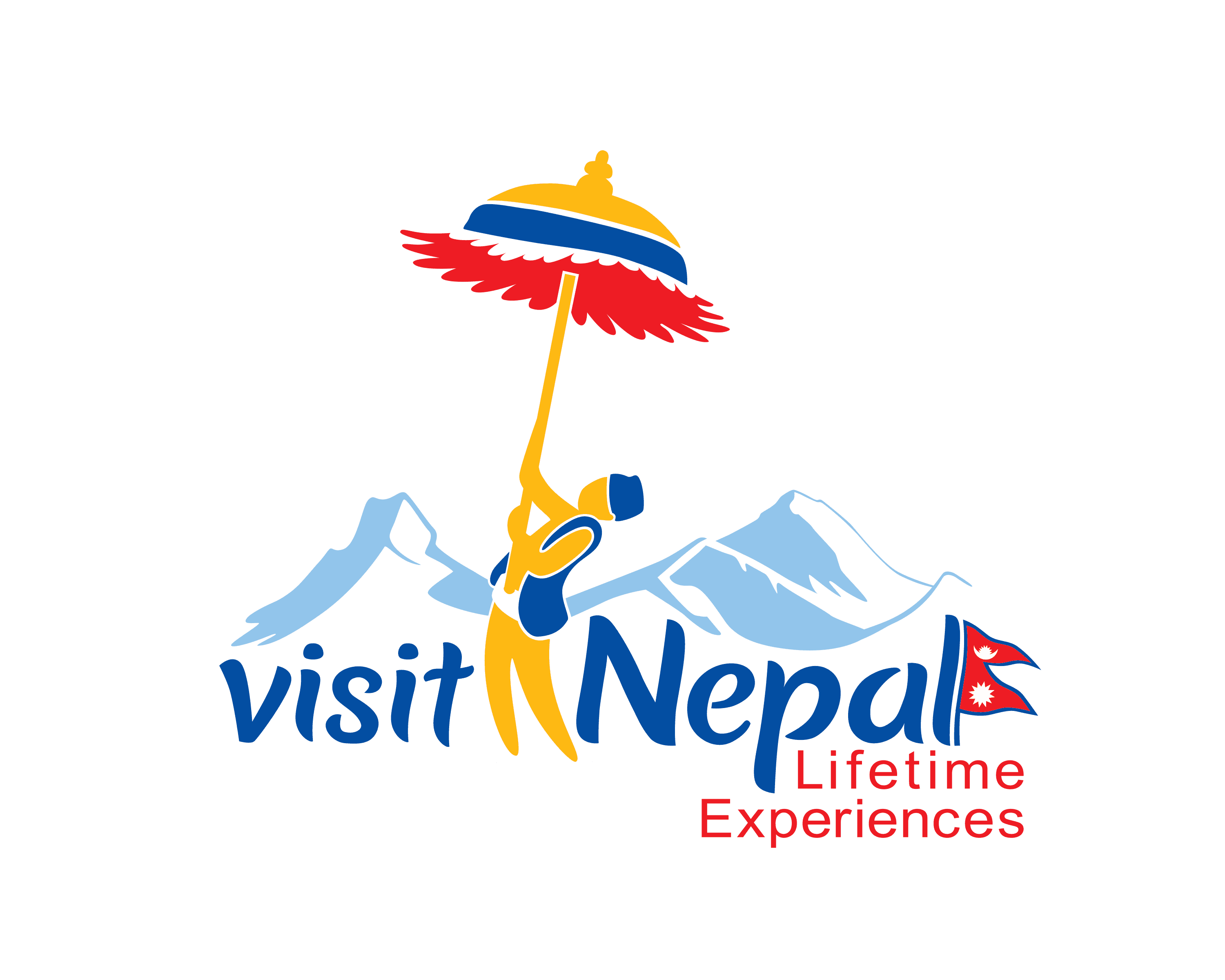About Us
Nepal, country of Asia, lying along the southern slopes of the Himalayan mountain ranges with immense natural resources and beauty. The country with it's unique art and lifestyle. The proud land of Gorkha and with one of the most diversed culture Nepal a small country with many ethinicity. From highest mountain ranges to green forests Nepal a country of people with welcoming Heart.
